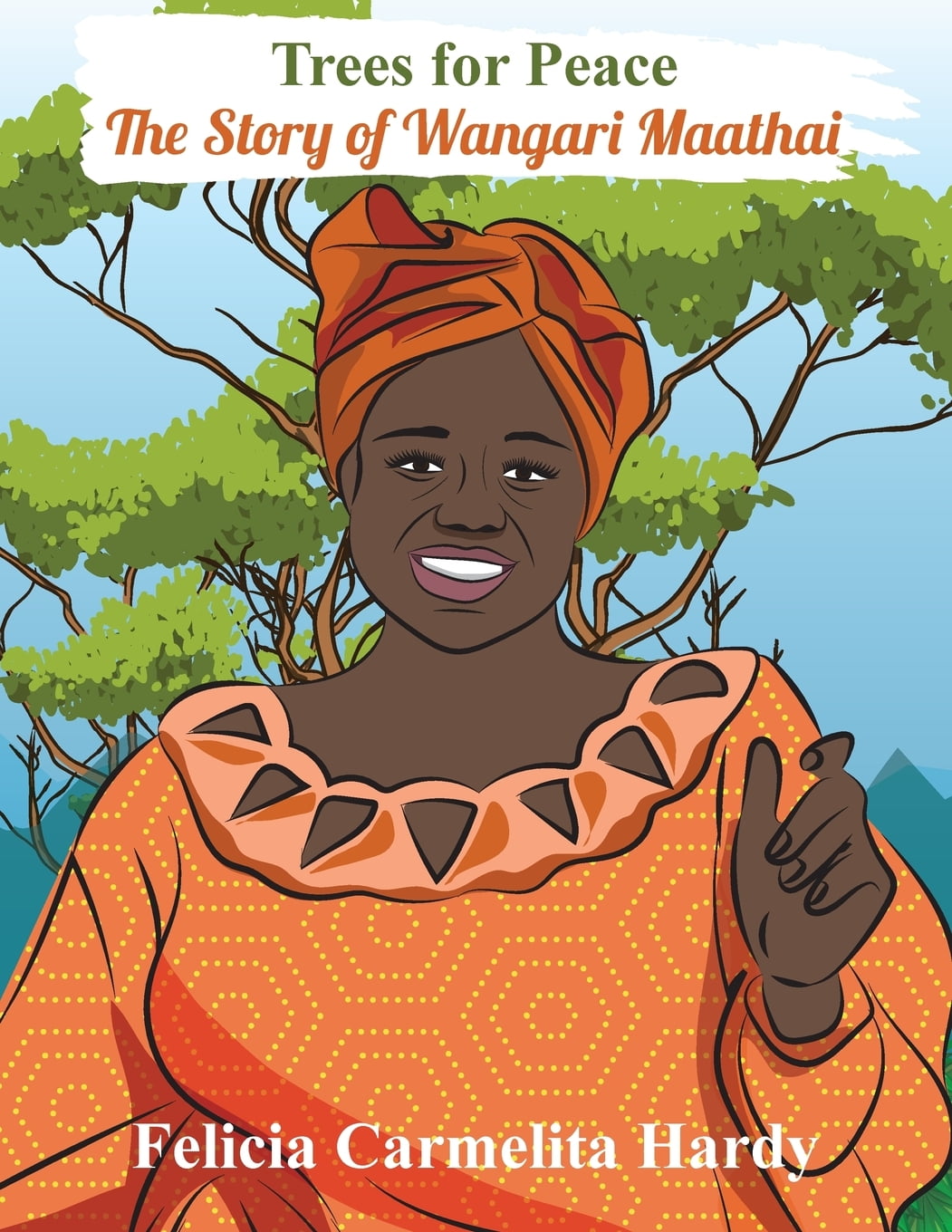

Wangari's simple lesson, for each individual to plant as many new trees as possible, perhaps seems simplistic, but it has proved effective in Kenya and offers long-term benefit to nations such as Haiti, where deforestration has produced catastrophic mudslides and forced the population to rely on construction with concrete, sensible for hurricane protection, but potentially deadly in case of earthquake. There are many places on earth where deforestration, resulting simply from the human search for firewood, building materials, and cleared land for crops, has had serious consequences.


"My daughters and I walk hours each day to find firewood to cook with," said the poor woman. Her daughters stood beside her, thin as ropes. Remembering the old stories, Wangari saw that restoring the trees which had been lost over the centuries would solve many of her nation's basic problems.Ī woman came. So the men held ceremonies under Magumo-the spreading sacred fig-and the skies blessed them with the shimmering rains to slake their thirst and water their farms. Napoli starts her narrative with a folkloric introduction going back to ancient times:Ĭreatures suffered. Multiple award-winning author Donna Jo Napoli's latest, Mama Miti: Wangari Maathai and the Trees of Kenya, (Simon & Schuster, 2010) uses simple language to tell the story of Kenya's Wangari Manthai, a "wise woman" whose work began a program of reforestration in Kenya. SHE IS KNOWN THESE DAYS AS MOTHER MITI, THE MOTHER OF TREES.Ī GREEN BELT OF PEACE STARTED WITH ONE GOOD WOMAN OFFERING SOMETHING WE CAN ALL DO. SHE TAUGHT HER PEOPLE THE ANCIENT WISDOM OF PEACE WITH NATURE.


 0 kommentar(er)
0 kommentar(er)
